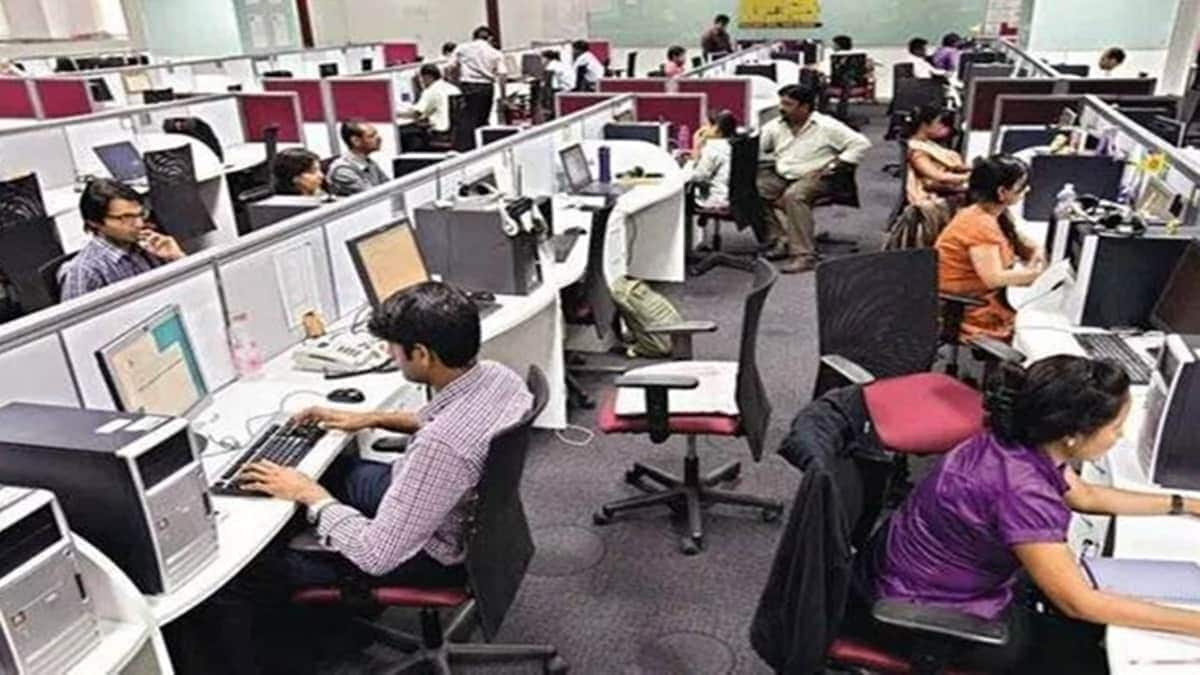
52% Indian employees ready to quit jobs lacking flexibility: Survey
What's the story
A recent survey by Randstad India has revealed a major shift in the priorities of the Indian workforce. According to the Workmonitor 2025 survey, over half of the respondents (52%) were willing to quit jobs that do not provide workplace flexibility. The survey also found that 60% would consider leaving a job if they didn't have a good relationship with their manager.
Changing priorities
Flexibility is now a baseline expectation
In its 22nd year, the survey sheds light on the changing talent landscape in India. Conventional motivators such as salary are being eclipsed by elements such as workplace flexibility, a sense of belonging, and opportunities for learning and development (L&D). Viswanath PS, MD and CEO of Randstad India said flexibility is no longer a benefit; it is a baseline expectation across all age groups.
Shift in focus
Alignment with personal values
The survey shows that employees are placing more importance on work that aligns with their values and life goals, rather than just financial incentives. Things such as job security, mental health support, and work/life balance now matter more. In fact, the pay has fallen to the fourth spot in importance, indicating a move toward a more holistic view of employment.
Inclusivity and growth
Employees prioritize sense of belonging and L&D opportunities
The survey revealed that nearly 69% of Indian workers prioritize a sense of belonging, indicating a shift toward a more inclusive work culture. Also, 67% of employees would quit if their job didn't provide L&D opportunities. Notably, 43% of Indian employees consider AI training to be the most sought-after L&D opportunity as opposed to just 23% globally.
Workplace dynamics
Flexibility is a key decision-making factor for employees
The request for flexible working hours is much higher across all the generations in India than global averages. Gen Z (62% v/s 45% globally) prefer flexible working hours as they step into a digital-first job market where long commutes, cultural expectations surrounding family involvement, and high job competition make work-life balance imperative. Value alignment around social and environmental issues is also important, with 70% employees saying they wouldn't work for an organization that doesn't align with their values.